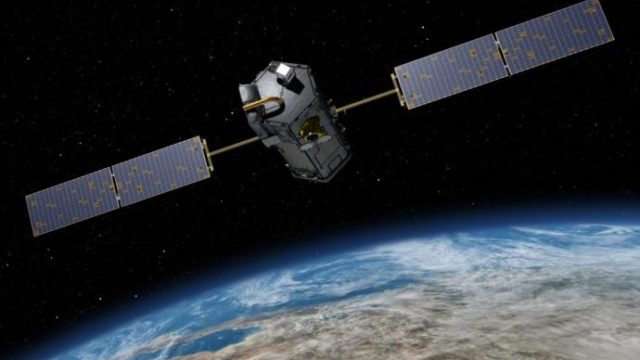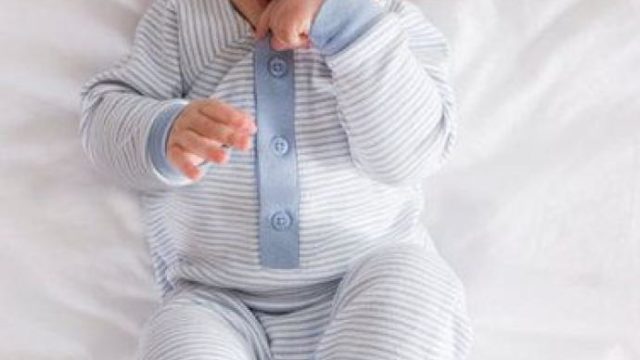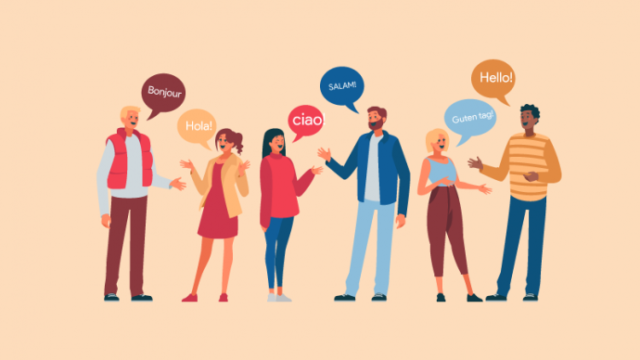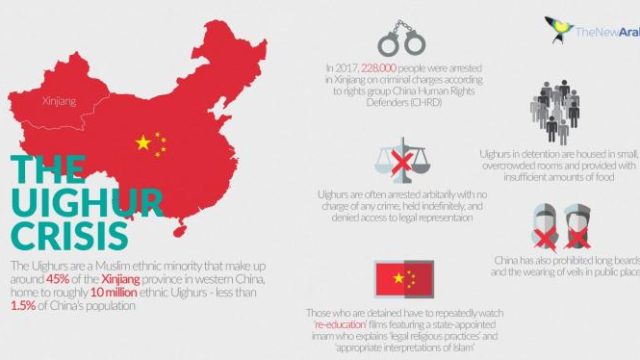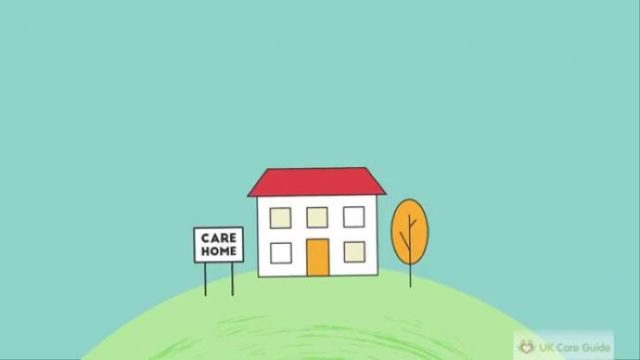iPaulina
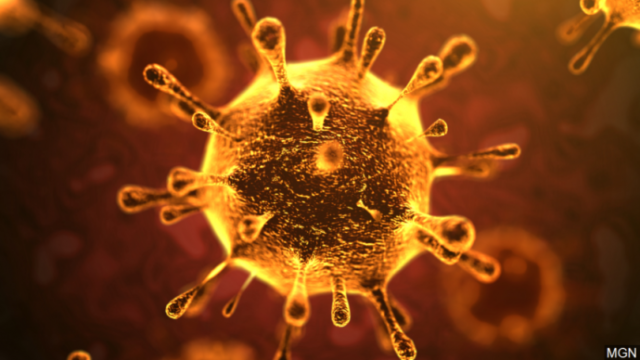
Human Technology Vs Coronavirus
Is technology really helping contain the spread of Coronavirus?Since the outbreak of the new and extremely fast spreading Coronavirus, researchers have been scrambling to find a vaccination against it. However, if found, three months of clinical testing will follow before the vaccination could be available for use. In the meantime health professionals and governments have had to resort to isolation and quarantine.
Consequently, a ‘close contact detector’ app has been introduced in China which allows users to enter various data about themselves and then alerts them when they come in close contact with somebody known to have the virus. The app then advises self-isolation and for the user to alert local health authorities. State run newspaper Xinhau has claimed that the app determines close contact through data from national transport and health authorities, but the source of this data is still very unclear. Although a good start at helping people protect themselves from the virus, this app is inherently flawed. Coronavirus is asymptomatic, meaning that it can be passed on before the patient even realizes they have been infected. This means that the app cannot fully detect all the carriers of the virus and hence whether or not there is a chance of transmission of the virus. This can lead to a false sense of security and prevent people from taking measures needed to protect themselves from the virus. Furthermore, the app doesn’t measure a person’s vulnerability to catching the virus; a factor that is key in its spread. If this app was as effective as it claims to be, the number of cases of coronavirus would not be continuously increasing worldwide.
The Chinese government has also been using drones in Wuhan in an effort to both reprimand people for walking outside without masks and also to take people’s temperature. Citizens in Jiangzing Province were told to stand on their balconies while drones took their temperature, avoiding face to face contact and visits to the doctor. Many other countries have been trying to get their hands on high demand thermal imaging equipment, used in airports to also detect high fevers, which could possibly indicate the presence of the virus. Electronic tags for people under quarantine are also set to be issued to check that they are staying at home.
Overall, different ways of handling the outbreak of the virus are emerging and technology has been at the forefront,as we wait for a vaccine to be developed. Although it isn’t perfect, technology has been quite useful in helping the virus stay as contained as possible, and protecting many vulnerable people from contracting COVID-19.
Natalia VI
